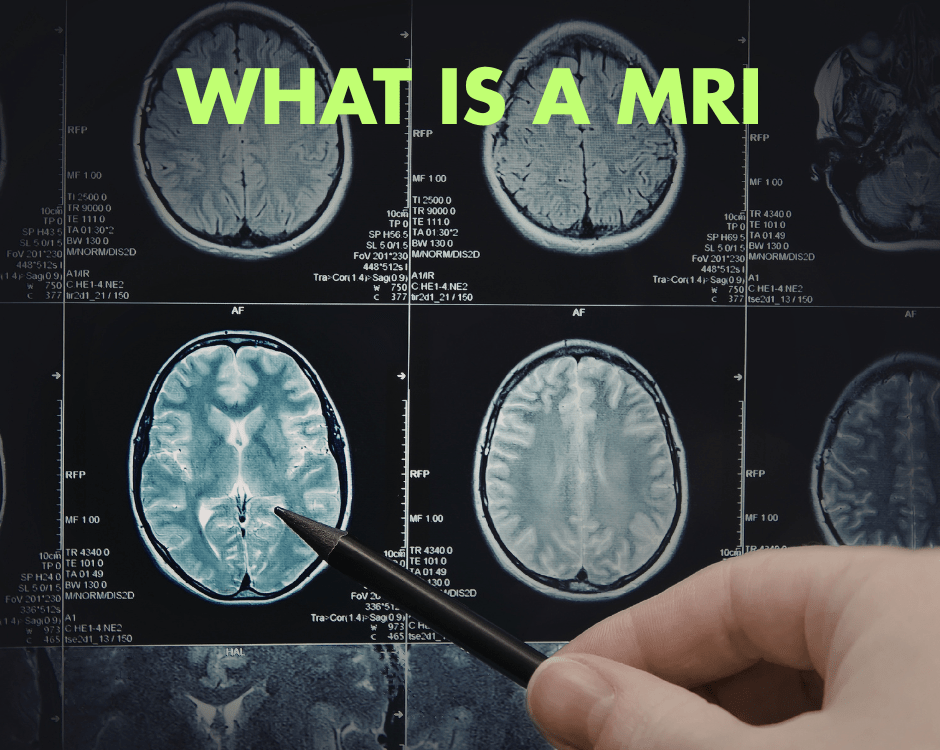Tips to Fall Asleep Faster

Asprin for High Risk Colorectal Cancer Patients
August 30, 2024
Car Accidents and Eye Injuries
August 30, 2024- Accident doctor
- accupuncture
- airplane headache
- alzheimer's
- best habits
- Brain Injuries
- car accident
- car accidents
- cervical strain
- colds
- concussion
- Concussions
- disc bulge
- dosage meds
- dry needling
- dull pain
- E bike injuries
- florida
- good posture
- headaches
- Headrest positions
- Headrest positions after an accident
- Healthy choices
- Healthy flying
- healthy gift guide
- Healthy SPring Ideas
- hip pain
- hyperextension
- injury doctor
- insurance
- Kayaking
- kentucky
- kids motion sickness
- lifestyle
- motion sickness
- neck injury
- no fault insurance doctor
- noise healing
- osteoporosis
- pain symptoms
- pink noise
- posterior chain
- posture
- prevent osteoporosis
- Rest
- Scoliosis
- shoulder pain
- Stress with kids after a motor vehicle accident
- TBI
- tips
- tmj
- torn muscle
- Traumatic Brain Injury
- trigger points
- VitaminD
- What are Post Traumatic headaches?
3 Ways To Fall Asleep Fasterp.
Falling asleep can sometimes feel like an all-night event, especially when our minds are racing, or we are feeling overwhelmed. Maybe it is something as simple as a slight change to your morning routine that will keep you up all night in anticipation of the change. To make sure you get the rest you need, focusing on the most effective strategies is key. Dr. Aaron Workman, a member of one of the highest rated car accident medical care programs in Kentucky, discusses three important things you can do to ensure you fall asleep at night:
1. Make a Schedule
Making a regular sleep routine is one of the best steps in getting sleep. This is not a routine of watching TV, or playing on a device, but should be a routine with little stimulation. Your body has an internal clock, or circadian rhythm, that regulates sleep and being awake. By going to bed and waking up at the same time every day, even on weekends, you help reinforce this natural rhythm. This consistency signals to your brain when it is time to wind down and prepare for slee
Any disruptions to your routine sleep schedule can confuse your circadian rhythm, making it harder to fall asleep and wake up refreshed. If you are used to staying up late or sleeping in, start by slowly adjusting your bedtime and wake time in 10-to-15-minute increments until you get to a sleep schedule that is best. This will help train your body to expect sleep at a certain time, making it easier to fall asleep, and get into that wonderful deep sleep so you can wake up feeling recharged.
- Limit Exposure to Screens Before Bed
In our digital age, some will have a deep yearning to reach for their phone and scroll aimlessly through social media, while at the same time being so tired they are drifting off while scrolling. Some will be drawn to watch TV or sit behind a PC before bed. Unfortunately, the blue light from your screens can significantly disrupt your sleep. This light interferes with the production of melatonin, the hormone that signals to your brain that it is time to sleep. Reduced melatonin levels can make it difficult to fall asleep and lead to poor sleep quality.To combat this, aim to turn off all screens at least an hour before bedtime. If you must use a device, consider using blue light filters in the evening. You can also spend that last hour of your day engaging in relaxing activities that do not involve screens, such as reading a physical book, or my personal favorite is taking a warm shower. If that is not doing the trick, try deep breathing exercises. These habits help signal to your brain that it is time to wind down and prepare for sleep.
3. Create a Relaxing Sleep Environment
A bedroom that is too noisy, bright, or uncomfortable can keep you awake and prevent you from falling asleep. To optimize your sleep environment, start by making your bedroom as comfortable and calming as possible. One strategy we used with our children early on was no TVs or devices in their rooms. Electronic free rooms can be a good step for a relaxing environment.Keep the room cool. Lower temperatures promote better sleep. Block out excess light with curtains or a mask and minimize noise by using earplugs or a white noise machine. Make sure your mattress and pillows are supportive and comfortable. Analyze your bedding material to make sure your fabrics are not holding heat. Declutter your bedroom, as a clean room can promote relaxation and peace of mind.
Falling asleep does not have to be a struggle. The struggle is typically created by our own choices and lifestyles. By prioritizing a consistent sleep schedule, limiting screen exposure before bed, and creating a relaxing sleep environment, you set yourself up for sleep. These strategies are not just effective but essential for anyone looking to improve their sleep quality. The improved quality of sleep will lead the way to improved quality of life and mental well-being.
— This article is written by Aaron Workman, DC, one of the members of Chambers Medical Group’s team of car accident chiropractors who offer a variety of treatments and therapies ranging from diagnostic testing to various soft tissue therapies for car accidents and injuries in Kentucky.
— This article is written by Aaron Workman, DC, one of the members of Chambers Medical Group’s team of car accident chiropractors who offer a variety of treatments and therapies ranging from diagnostic testing to various soft tissue therapies for car accidents and injuries in Kentucky.
- Car Accident Medical Clinic in Tampa
- Car Accident Medical Clinic in Plant City
- Car Accident Medical Clinic in Brandon
- Car Accident Medical Clinic in Lakeland
- Car Accident Medical Clinic in Sarasota
- Car Accident Medical Clinic in Louisville
- Car Accident Medical Clinic in Lexington
- Car Accident Medical Clinic in Florence




